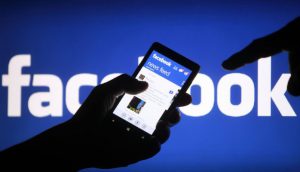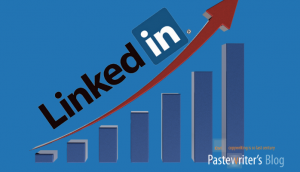Facebook Tectonic Changes And The Implications to Marketers
In the last few years, Facebook has become the main social network we completely became dependent on. From information that influence our buying habits, through links to news about events in the country and abroad, all the way to debates on daily political and social issues, we all started to expect everything handed out to us from one place and we became digitally lazy.
And everything was great until someone realized that those marketers that lacked a code of ethics and a moral compass can largely influence the election course, to mislead people by placing fake and harmful news and to transmit lies and make spins with a couple of clicks, and that this should no longer be the case. Yes, someone decided to take responsibility, and that someone was Mark Zuckerberg.
On Thursday evening, Mark Zuckerberg threw a digital equivalent of a nuclear bomb in the media industry. In the latest announcement, Facebook’s CEO said that their 2 billion users “will see less public content such as posts from businesses, brands and media. And the public content that you will see more of will be based on the same principle.”
What does this actually mean in short and what are the implications for us marketers? In short, this means that Facebook wants to return to the roots and be the network where you will mostly see posts from people in your friends list and that the focus will be on personal moments and experiences, and the organic reach of pages will be extremely low or nonexistent.
What are we going to do now with those pages that we have built up for years for our customers or for our business and all the money, time, energy, and designs that were spent on building communication with a whole community on which you more or less now depend?
The answer is simple and entails several outcomes. First, you need to focus more on the quality as opposed to the quantity of posts, on campaigns instead of daily communication and on paid reach, rather than on organic. The advertising budgets on Facebook will have to grow, and with that, prices will grow, consequently.
Secondly, you will need to learn to pay attention to Google and your web site, as well as to actively develop other channels of communication, with a particular emphasis on Instagram as a network that is constantly growing and behaving as Facebook did back in its Golden Age.
Thirdly, since the focus will shift from pages to profiles, organic and viral campaigns will have to start from the users themselves, so influencers and micro-influencers (the people that are the benchmark for generators of public opinion in smaller target groups) will have to be part of your strategies.
Fourth, publishers, i.e. web portals will have to pay more attention to original content because the traffic they’ve received so far via bombastic (so-called “click-bait”) titles will no longer be acceptable by Facebook, partly due to recent changes, and partly due to altering of the algorithm that will punishes such sites.
Finally, it will depend on you marketers, and it’s about time that you educate clients that social networks are looking for quality content in the spirit of that network, rather than dense designs filled with sales elements, and that building customer relationships is the future, especially if you want them to be the ones that will further distribute the message to their friends.













